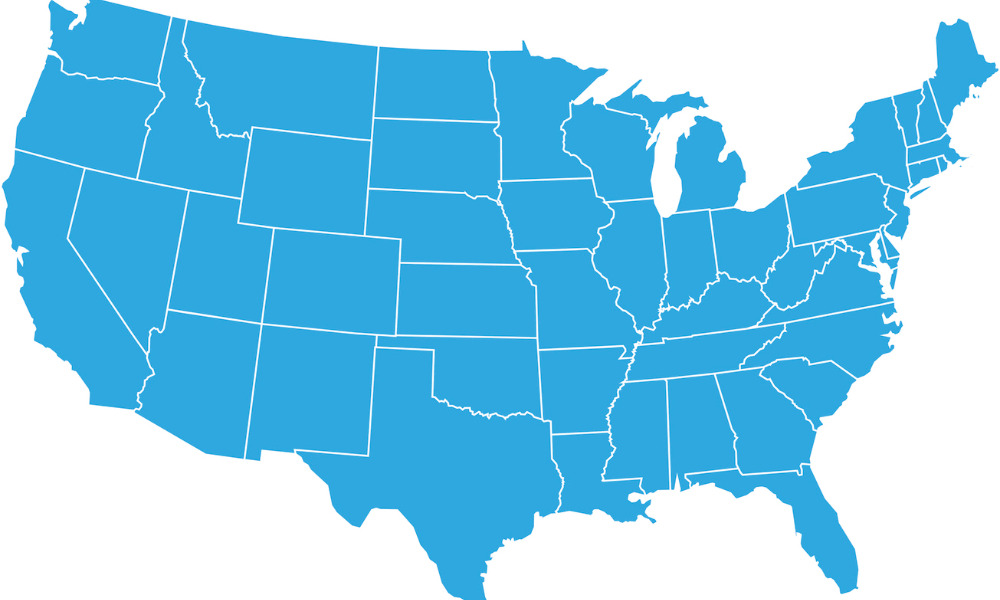

When your clients are discussing their retirement plans with you, they may be thinking of relocating outside their current state, but are they planning to make a bad move?
Decisions may be driven by several factors including the weather, being near other family members, or simply a long-held desire to spend their retirement years in another part of the United States.
But which states are the best and worst to retire to?
Bankrate has published its annual analysis of factors including affordability, weather, crime, and quality and cost of health care, to rank all 50 states.
“After battling elevated inflation over the last two years, relocating to find cheaper housing or a lower cost of living may be a good alternative for retirees who have tighter budgets but want to retire comfortably,” said Bankrate analyst Alex Gailey.
Top of the list is Iowa, which was one of the best for affordability and cost of living, quality and cost of health care, and crime stats. It also ranks well for local and state sales taxes and several other metrics. However, West Virginia was best overall for affordability.
“Choosing where to retire is deeply personal, but Iowa’s affordable cost of living, inexpensive but high-quality health care and low crime make it a compelling option for retirees looking to stretch their retirement income in this economy,” said Gailey.
The report determined that the top five best states to retire to are:
Conversely, the analysis found that Alaska is probably not a great choice for retirees due to its poor rankings in weather (50), crime (49), affordability (43), quality and cost of health care (38), and well-being (27).
“In our overall ranking, the best and worst states for retirees are split geographically. The Midwest and the South claim the top five states, while the Northeast and West claim the bottom five states, primarily because of the differences in cost of living,” explained Gailey.
The bottom five states to retire:
46. Massachusetts
47. Washington
48. California
49. New York
50. Alaska
The full study is at bankrate.com
Read more: 10 best states to retire on Social Security

Rajesh Markan earlier this year pleaded guilty to one count of criminal fraud related to his sale of fake investments to 10 clients totaling $2.9 million.

From building trust to steering through emotions and responding to client challenges, new advisors need human skills to shape the future of the advice industry.

"The outcome is correct, but it's disappointing that FINRA had ample opportunity to investigate the merits of clients' allegations in these claims, including the testimony in the three investor arbitrations with hearings," Jeff Erez, a plaintiff's attorney representing a large portion of the Stifel clients, said.

Chair also praised the passage of stablecoin legislation this week.

Maridea Wealth Management's deal in Chicago, Illinois is its first after securing a strategic investment in April.
Orion's Tom Wilson on delivering coordinated, high-touch service in a world where returns alone no longer set you apart.
Barely a decade old, registered index-linked annuities have quickly surged in popularity, thanks to their unique blend of protection and growth potential—an appealing option for investors looking to chart a steadier course through today's choppy market waters, says Myles Lambert, Brighthouse Financial.
